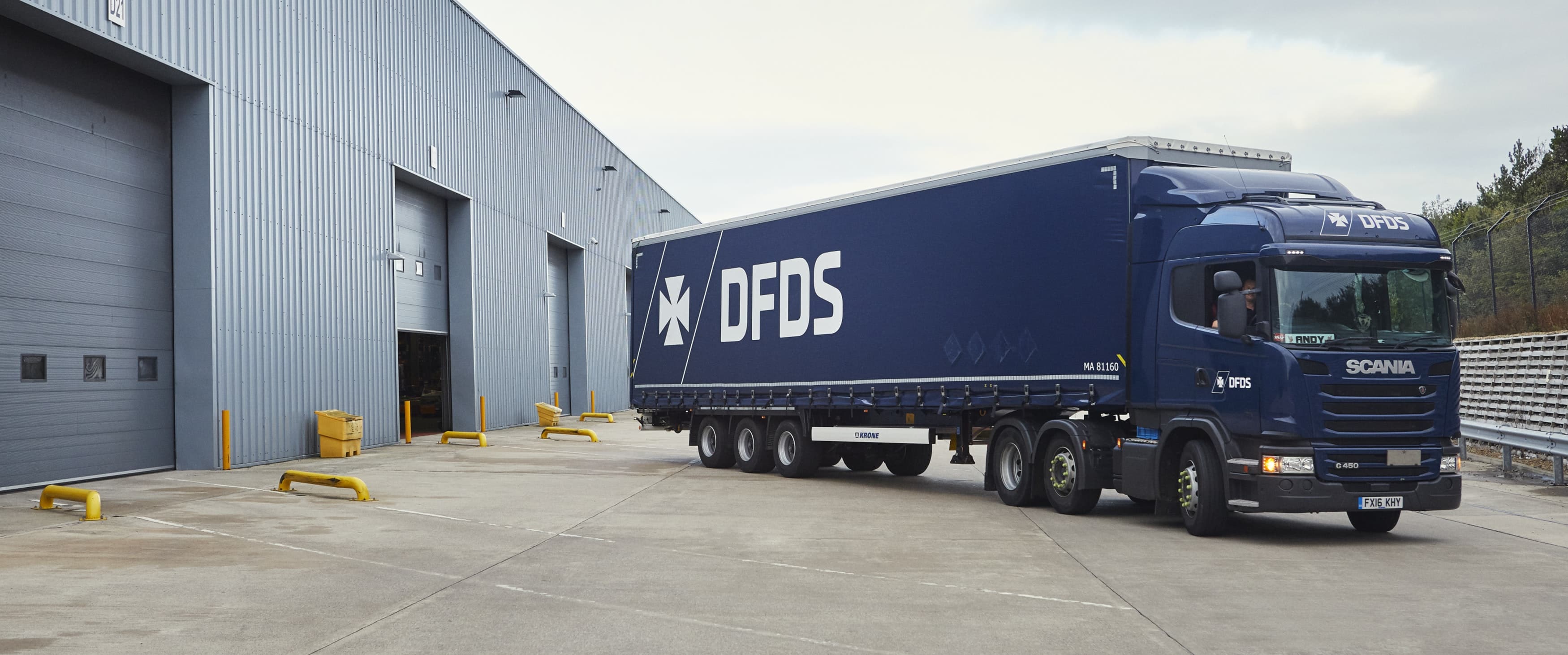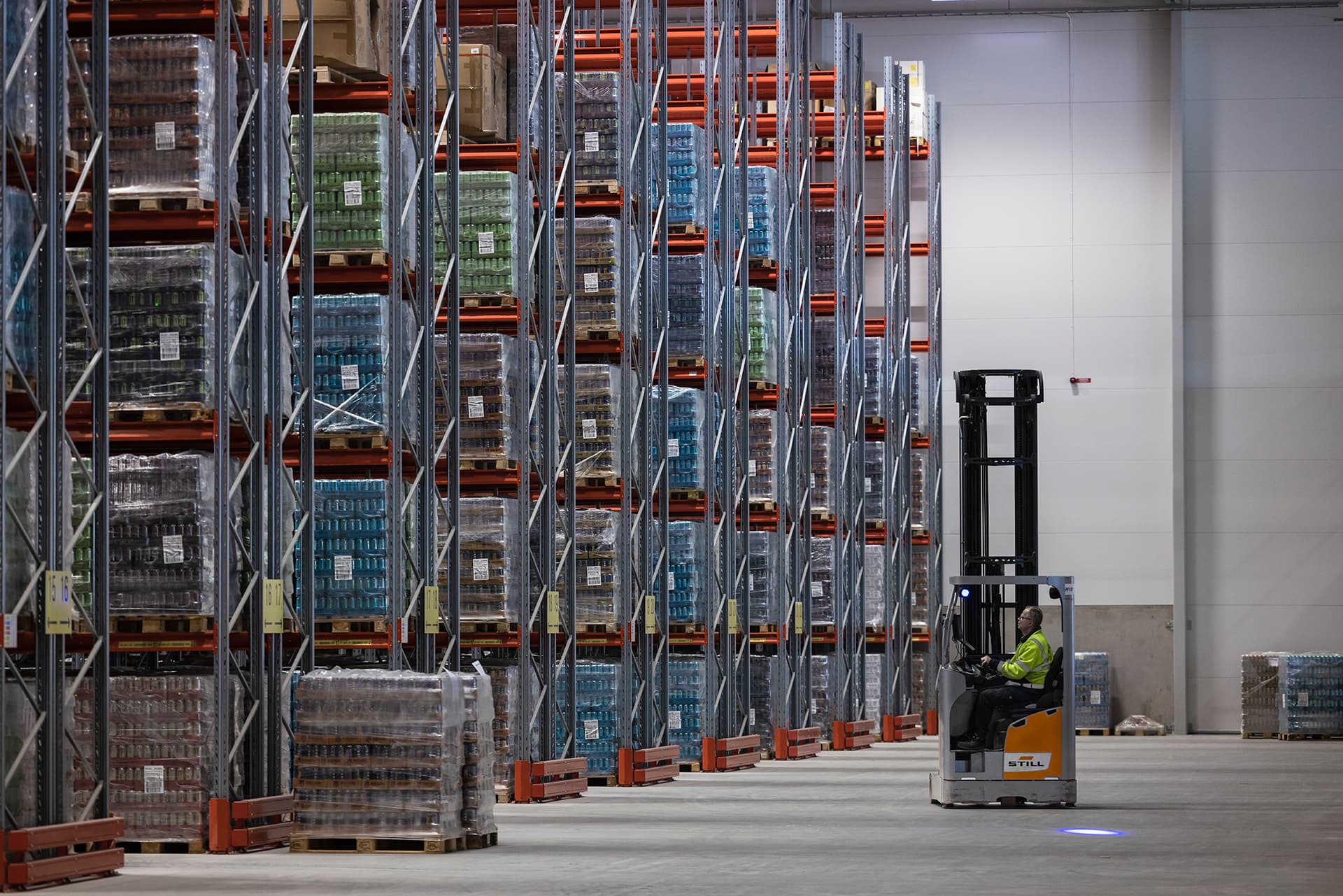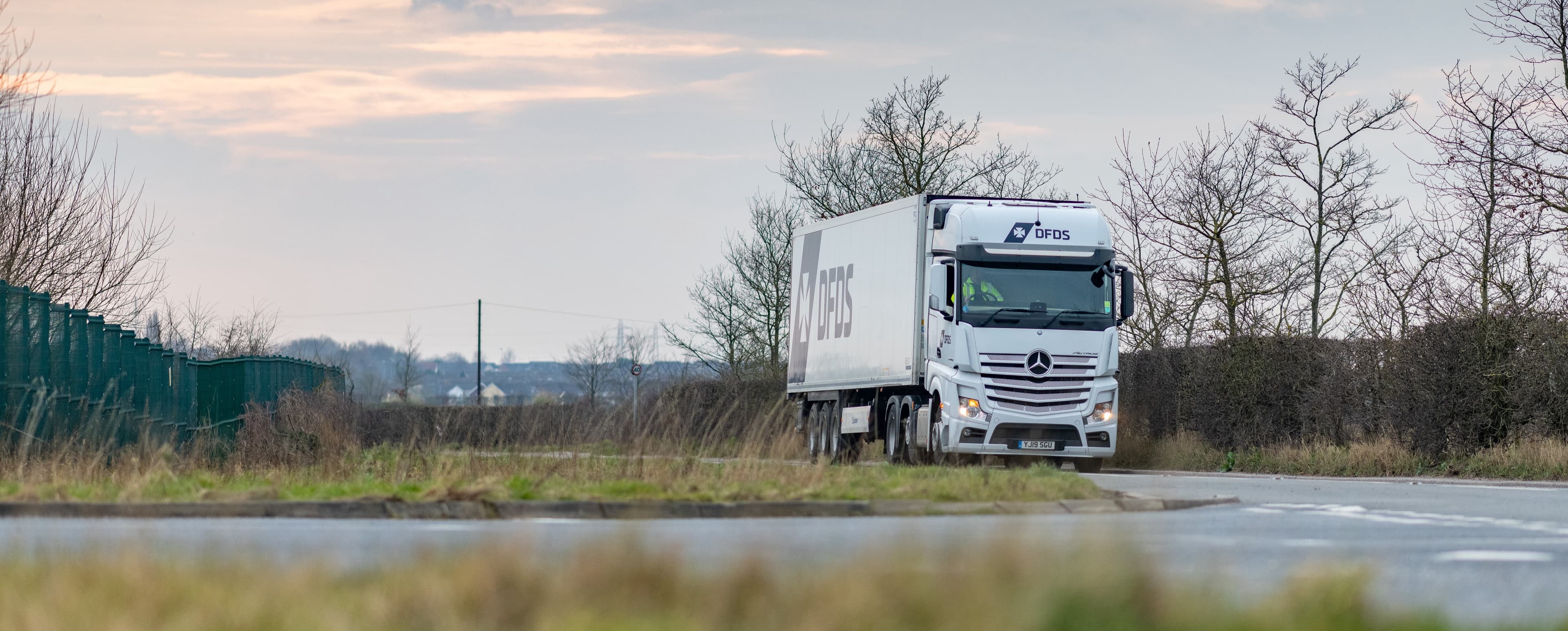Every area in the economy has its own terminology. This makes communication easier for industry experts, and those who work in logistics are no exception. Terms that make life easier for some, are a complete mystery to others. FTL logistics, LTL logistics, are just two terms, from thousands of others used daily in logistics. In this article, we explain these two terms, the difference between full and part loads in road freight and what is the best option based on the type of cargo.
What is FTL transport?
FTL, short for full truck load, transport is a service intended for businesses that need to transport large amount of goods. Goods that are so big, they fill up the entire cargo space, or a large portion of it. FTL is a service that simplified the transport process, because it transports the goods from the sender, directly to the recipient. This operation scheme makes FTL transport fast, and it takes a load off the supplier’s shoulders, because he won’t have to worry about transporting the goods to several customers. An FTL provider will take care of your goods from point A to point be, therefore the path is straightforward, without any delays.
What are the pros and cons of FTL shipping?
Pros: During the FTL transport process there are no unloading points, therefore, your goods have zero chances of getting damaged during the reloading process, because they go from the port straight to the recipient’s warehouse. Since you have a truck fully dedicated to your cargo, there won’t be any stops to consolidate other shipments. This means faster transit times for your goods.
Cons: If you are opting for a full truckload, it’s your responsibility to make the most of it. So, if you can’t use the entire space, your unit costs can increase. This is the moment where LTL shipping comes into play.
How much is a full truck load cost and how are the rates calculated?
At first, it’s going to be more expensive if you’re shipping higher quantities, but in the long run you will notice that it’s actually cost-effective. The reason on why FTL is pricier than LTL, is because it uses an entire truck for just one shipment.
A general FTL rate is calculated based on the number of miles from point A to point B. Usually there is an average rate per mile, that is calculated in order to give the final transportation cost. There are also other expenses that might add up based on your shipment needs. These are related to the shipment’s weight and density, type of FTL shipment, freight class, and other additional services.
What should I select: FTL or LTL?
To establish which is the best option for your cargo, you will need to take into account a bunch of factors such as the size of your shipment, the transit time requirements and overall costs.
If your cargo volume is so big that it fills up an entire container, the FTL is the right choice for you. Also, if you need your goods to be transported fast and exclude stopovers and reloading then again, this option is best for you. Some of the goods that are transported using FTL are food products, temperature sensitive goods or high valuable products. In a full truck load, you can fit between 24 to 30 pallets. There is also a weight limit of 44,000 pounds based on the type of vehicle.
Here are some examples of when to use FTL and LTL.
| Type of business | FTL or LTL solutions |
Example 1 | A huge brand with regional distribution centres, fulfilling multiple stores. | You might use FTL to drop off replenishment stock to every single store. |
Example 2 | A manufacturer of auto parts | You can set up a supply chain to have auto parts delivered daily to meet product deadlines. |
Example 3 | A retailer importing textile products from the EU | You can use FTL and have the goods delivered to the regional distribution centres. From there you can opt for FTL and LTL to do fulfilment and store replenishment. |
DFDS leading the way in FTL shipping solutions
FTL and LTL are two shipping methods with different advantages based on the cargo that needs to be transported and the transit time frame. DFDS, your experienced freight service provider can get all your questions answered and help you choose the right cargo shipping method for your goods. This way you can focus on other important aspects of your business knowing that your goods will reach their destination quickly, efficiently and securely. With DFDS, you will always find the best solution for your cargo.




